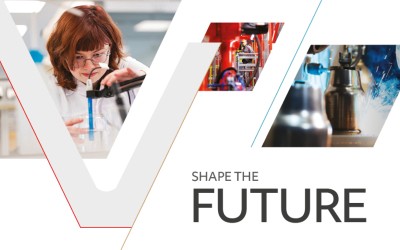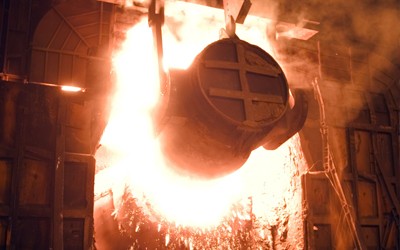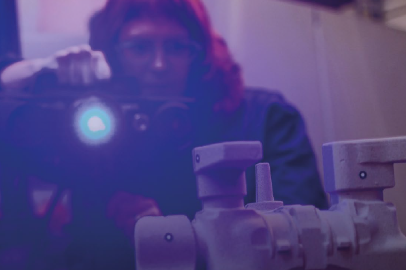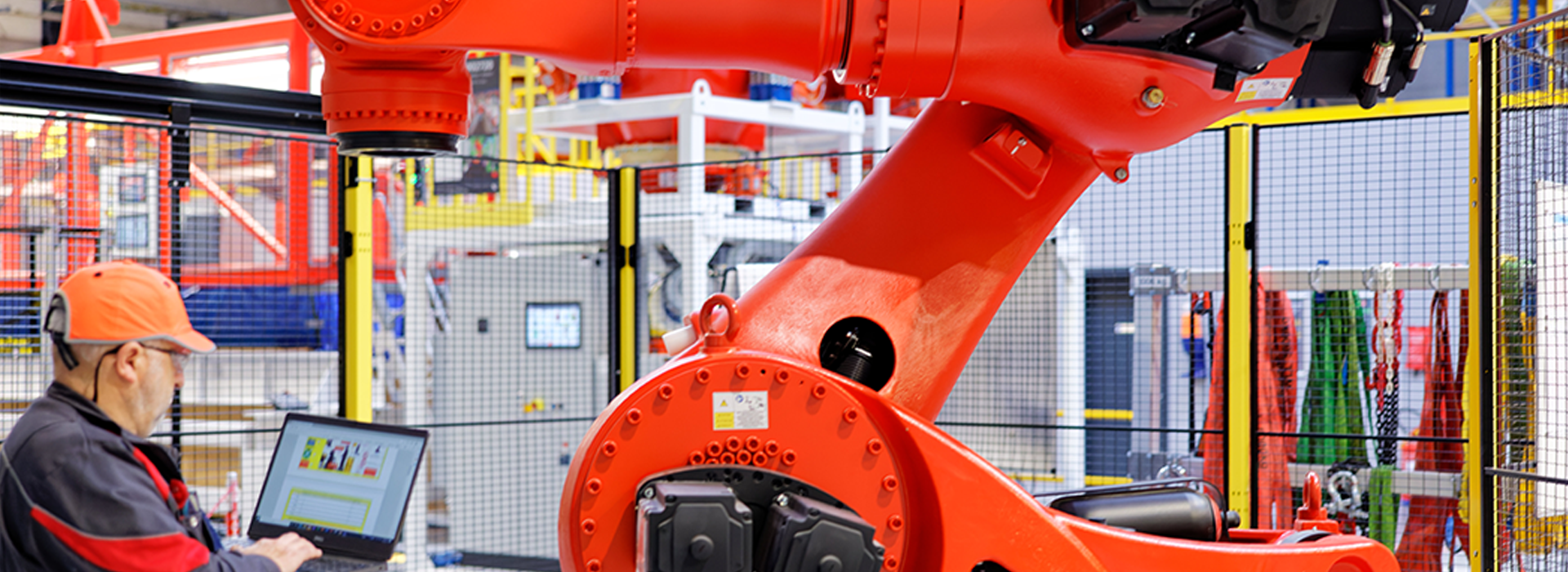We have set out four key sustainability strategic priorities:
Becoming a zero-accident company.
- Reach net zero CO2e emissions by 2050 (Scope 1 and Scope 2).
Helping our customers reduce their CO2 emissions.
Improve gender diversity at every level of the Company.
Vesuvius Board has identified nine significant non-financial KPIs for the business, covering the Group’s main sustainability objectives.
These KPIs were defined when the sustainability strategy was launched in 2020. Most targets associated with the KPIs have a deadline in 2025. Focus on these KPIs has been maintained in the following years. In view of the progress made, the reduction of Scope 1 and Scope 2 CO2e emissions target was increased in 2022 from 10% to 20% and its coverage increased from Energy CO2e to all CO2e emissions. In 2024, we selected the main KPIs to be tracked until 2030. In 2025, we will set the targets for these new KPIs.
| KPI | Measure | Target | 2024 progress vs plan1 | 2024 progress | Main domain | UN Sustainable Development Goals |
| Safety | Lost time Injury Frequency Rate | < 1 | Ahead of schedule | 0.52 | Our people | 3,8 |
| Energy intensity | By 2025, reduce energy intensity per metric tonne of product packed for shipment (vs 2019) | -10% | Ahead of schedule | -10.1%1,2,3 | Our planet | 9,13 |
| CO2e emissions intensity |
By 2025, reduce Scope 1 and Scope 2 CO2e emission intensity per metric tonne of product packed for shipment (vs 2019) | -20% | Ahead of schedule | -26.9%1,2,3 | Our planet | 9, 12, 13 |
| Wastewater | By 2025, reduce wastewater per metric tonne of product packed for shipment (vs 2019) | -25% | On plan | -28%1,2,3 | Our planet | 6,9,12 |
| Solid waste | By 2025, reduce solid waste (hazardous and sent to landfill) per metric tonne of product packed for shipment (vs 2019) | -25% | Behind plan | -21.7%1,2,3 | Our planet | 9,12 |
| Recycled material | By 2025, increase the proportion of recycled materials from external sources used in production | 7% | Behind plan | 6.0%1,2,3 | Our customers | 9,12 |
| Gender diversity | By 2025, increase female representation in the Senior Leadership Group (approx. 150 top managers) | 25% | Behind plan | 21% | Our people | 5 |
| Compliance training | Increase the percentage of targeted staff who complete anti-bribery and corruption training annually |
90% | Ahead of schedule | 100% | Our communities | 16 |
| Supply chain | By the end of 2023, conduct sustainability assessments of our raw materials suppliers (as a percentage of Group raw material spend) | 50% | Target achieved | 58% | Our communities | 8,10 |
During 2023, our production of dolime was considerably reduced, following an incident in January which incapacitated one of our rotary kilns. The dolime installation resumed production in 2024 albeit at a lower level than prior to the 2023 incident. As dolime production is a major contributor to the Group’s tonnage and CO2 emissions, the change in product mix skews environmental performance comparisons both with prior years and with the 2025 target. The table above therefore contains pro forma performance figures as if the dolime process had been operating normally to preserve meaningful comparability. The actual figures are set out in a footnote to the table.
1. Re-baselined using pre-acquisition data for the business acquired from Universal Refractories, Inc. (Vesuvius Penn Corporation), and BMC (Yingkou YingWei Magnesium Co., Ltd).
2. Pro forma: performance as if the dolime process had been operating normally in 2023 and 2024.
3. Actual Group performance for 2024, with actual dolime production: Energy intensity -14.0%, CO2e emission intensity -40.4%, Wastewater -24.6%, Solid waste -18.0%, Recycled material 6.5%.







